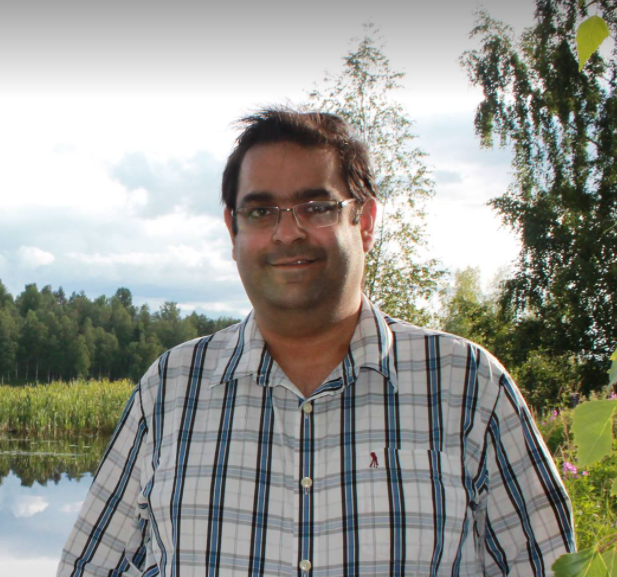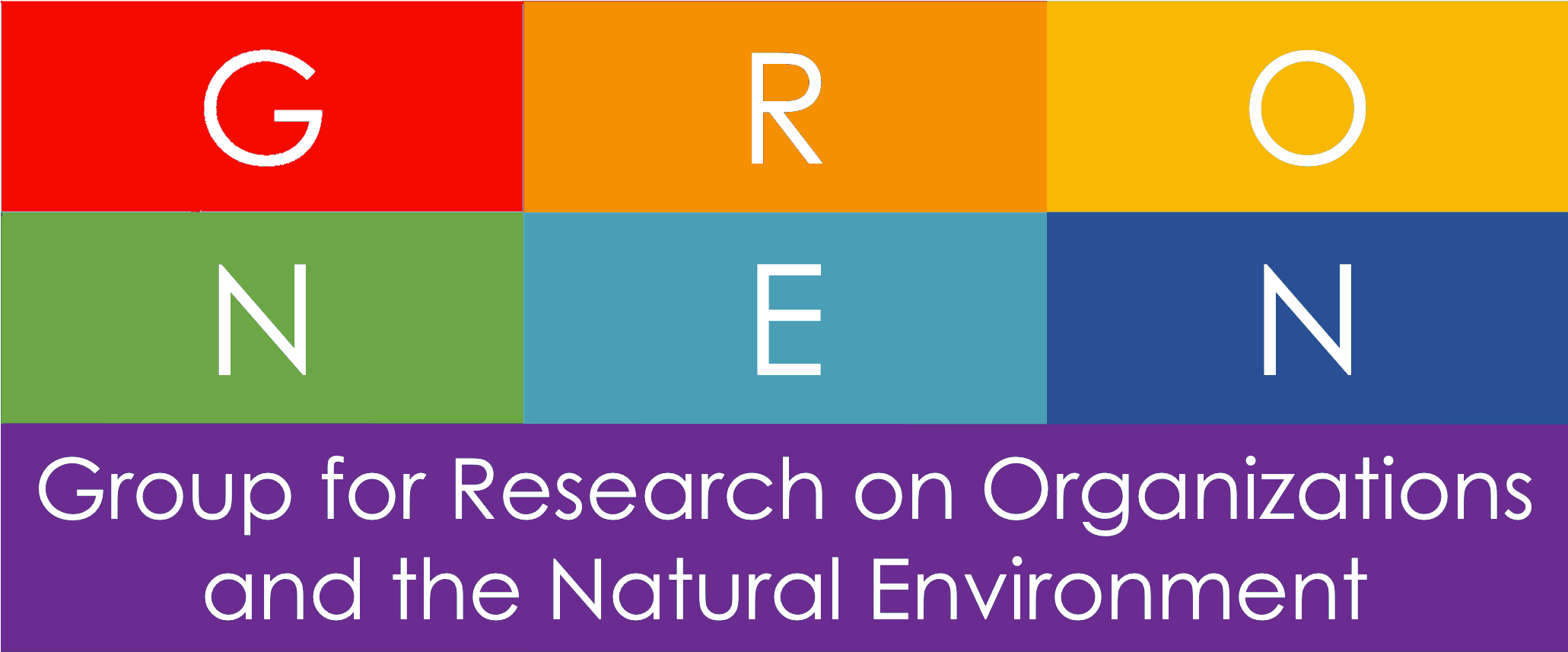Guest Blogger
Sandra Waddock 2020
Boston College Carroll School of Management
The words in this essay’s title come from the late songwriter Leonard Cohen’s masterpiece ‘Anthem’. The idea is that everything is flawed. Yet, there is also hope despite the flaws. It is through the cracks where the light comes in. Certainly, the cracks in our economic, social, political, leadership, and ecological systems have become manifest in the wake of the ongoing Covid-19 pandemic. Many people who might not have recognized those cracks prior to the emergence of Coronavirus may now have to admit that the system itself needs dramatic transformation, not restoration or tinkering around the edges.
System transformation is needed to contend with the breakdown. What better time to try to bring it about than when systems that are demonstrably not working are in crisis? System transformation means that fundamental aspects of the system change. It takes place in a context of complexity and wicked problems. Further, any thought that once the crisis has passed, things will simply return to ‘normal’ seems unrealistic. From a systems perspective, too much will have changed in the interim. The genie of change will not fit neatly back in the bottle. The nature of complex adaptive systems and wicked problems—both of which are inherent to human socio-economic system—make that impossible. Just consider how many educators are learning to teach online right now, how health providers are using telemedicine. How businesses are shifting meetings online. Not all of that will go away. Importantly, path dependencies related to such shifts in situations of complex wickedness, intrinsic to virtually all socio-economic systems and enterprises, mean that things quite literally cannot return to their original state once set in motion.
Think then about the light that might get in. As former White House Chief of Staff Rahm Emanuel[i] stated, ‘Never let a good crisis go to waste.’ This pandemic, devastating as it is, presents a significant opportunity for the type of system change that ‘new economics’ thinkers, sustainability/flourishing experts, and Indigenous peoples’ ideas about humans as interdependent with nature, among many others, are advocating.
The opportunity—the light that just might be able to get in—is for potentially generating a more equitable, just, and flourishing world for all.
As scholars and citizens, we have a choice. We can let the rebuilding process after the crisis passes unfold to (try to) restore broken systems to some semblance of what they were. Or we can join in global efforts to bring about purposeful system transformation towards a flourishing world for all. Such efforts include developing a wellbeing economy, shifting to metrics that emphasize collective value with no dignity violations, or ‘genuine progress’ as opposed to mere economic activity for good or ill, which is all GDP measures. We can help businesses and other institutions work toward achieving the UN’s 17 Sustainable Development Goals. There are many possibilities that go beyond accepting our broken system as is.
Even if we want things to return to normal, the likelihood of that happening is small by the very nature of complexity and wickedness. Here are a few reflections on some of the ways that our work as academics might shift in the wake of this pandemic. We can take nothing for granted…in our teaching or our research.
With respect to teaching, it strikes me that we now have to learn to deal not just with the ‘objective’ stuff of our teaching but also the emotional realities faced by our students during this crisis. These realities will affect how well our students can do their work and respond to what we teach. Our students—and we—will be changed by our experiences during this crisis. And responding to students through this lens will change us even more. Additionally, many faculty members and their students will have learned how to navigate instruction online. That learning is unlikely to go away once the crisis resolves. Whether such instruction is more or less effective is a question, of course, but the practice of teaching itself is likely to change fundamentally for many people after the crisis eases. There is, for one thing, likely to be far more openness to online instruction on the part of instructors, learners, and their institutions.
As some scholars have already recognized, there are also enormous scholarly opportunities associated with efforts to bring about transformative change. Collectively, they fall under the rubric of responsible research in management and business (RRBM). Such research is future/forward-looking, not past looking. It is whole systems oriented, not fragmenting or atomizing. It can mean getting involved in new ways with different types of people who are actors in the system. It can mean recognizing our own roles as system participants. It means taking scholarly risks.
Many of the assumptions we have made or accepted about the nature of the economy and of business now need rethinking. Inequality, climate change, and sustainability crises were already at the forefront of pushing a ‘new economy’ and a new business agenda. But the drastic measures being taken by many governments will likely shift thinking about business, government, and the economy, particularly as they relate to core assumptions.
Our (Western/Northern) understanding of our relationship with nature may also change. If the virus teaches us nothing else, it is that we are one world. We are integrally connected and interdependent with each other, and with nature. Importantly, the crisis highlights our interconnection as living beings in a context of nature. Further, the assumptions built into the core economic model that drives much business thinking today—neoliberalism and its progeny, neoclassical economics—will have been put to a significant test—and shown flawed. Among flawed assumptions are that ‘there is no such thing as society’ (to use Margaret Thatcher’s words), that social and ecological impacts of business are ‘externalities,’ that continual economic growth is both possible and desirable on a finite planet, and that less government is the best government. The pandemic in very real ways has put the lie to all of these and other assumptions. These insights may well force academics, and others, to rethink how we relate to the world around us.
As assumptions are questioned, we as scholars have an opportunity to rethink what is really important in both research and in managing. Should we, for example, be theorizing from ‘gaps’ in theories to find research subjects that matter little and few care about? Or should we, perhaps, work from the very real problems that have been revealed the crisis and now have had light shined on them?
Whether we like it or not, the problems of the real world will likely have ‘cracked’ the seemingly impervious walls of the ivory tower. Those cracks potentially will drive more of us to approach real world issues holistically, co-creatively and collaboratively with actors in settings we need or want to study. Real world problems demand trans-/multi-disciplinary, integrated, and collaborative approaches that work with people who might once have been considered ‘subjects’. Such problems are holistic, messy, and inherently normative. We cannot sidestep that normativity any more by claiming (false) ‘objectivity’. Such problems are not packaged in ‘conversations’ in the literature that confine themselves neatly to disciplines or existing streams of thought.
Big problems, sometimes called grand challenges, require new thinking that comes from exploring the problems themselves in new ways. They demand a tentativeness, a well-informed tentativeness, that many of us are not used to because of the disruption that has already occurred in the world—and is only likely to get worse in the near term. That is the nature of disruption and it is disruption that we face. Such issues are open-ended, dynamic, and interactive, and need to be viewed/treated as such. Many SIM and ONE scholars already see their work in these ways, but I suspect the pandemic will push us to think through their work in new and different ways, to engage with people we might not have otherwise engaged with, and to begin to incorporate new perspectives into our work. It will not be easy for any of us.
So…
Right now, it might seem like only a little bit of light is getting in through the ‘cracks’ that Leonard Cohen sang about. If we can each be a little bit of ‘light’, we can aim our work at bringing about the better world that the Academy of Management itself envisions in its vision statement.
None of us, of course, has the answers. It is more than obvious that neither do many of our leaders. System transformation operates in the very context of uncertainty, complexity, and ‘wickedness’ that the virus demonstrates. We can, however, draw from the wisdom of our collective crowd. Pool new resources. Shape new ideas. Step out there and say things publicly. Work together in new ways. The process of change will be emergent and experimental. It requires innovative thinking on all our parts, including letting go of today’s dominant economic and academic metrics in favor of new ones that reflect real-world impact. It means working to change the systems of which we are a part and that deal with the real-world problems that the Coronavirus has exposed.
Let’s collectively, let the light in.
[i] Possibly referencing Winston Churchill, to whom this statement is frequently attributed, albeit without evidence.

Bhavesh Sarna is a University Teacher at the Jyväskyla School of Business and Economics, University of Jyväskylä. His current research interest is in microfoundations of sustainability for a better understanding of sustainability transitions in an organizational setting. Currently, he is finishing his doctoral thesis, which is about micro-CSR from employees’ perspectives in the Indian and Finnish context. In the future, he is also interested in exploring green supply chain models and green production values in emerging markets. For this, he wants to examine the interaction between firms and non-market stakeholders such as society, NGOs and governments.
